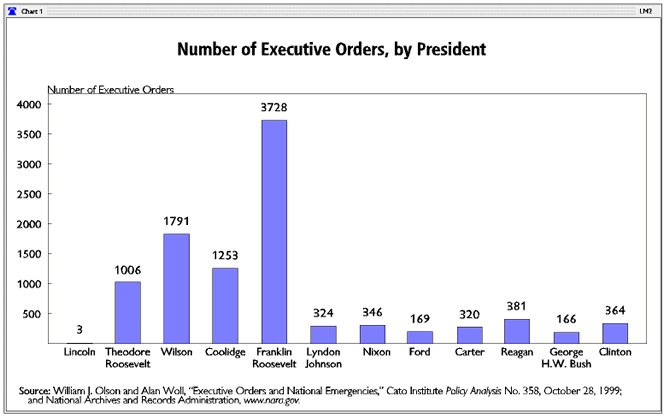

What are the major issues confronting rural and tribal law enforcement?.How can we improve officer recruitment, training, and retention?.How do certain social ills such as mental illness, substance abuse, and homelessness affect the ability of law enforcement to police?.The Commission will examine the following: Therefore, we are establishing this Presidential Commission on Law Enforcement to study crime-how we can reduce it and how we can restore the public confidence in law enforcement to its rightful place. police officers died by suicide last year. I am sad to state that a record number of U.S. It is not surprising and indeed tragic that many current law enforcement officers suffer from decreased morale and emotional distress. And they must manage these demands in an environment in which their moral and legal legitimacy is under constant attack from a variety of voices.

Law enforcement must use every tool available to fight ever more ruthless and sophisticated criminal predators, and then put those tools away to mediate the criminal actions of people beset by addiction, mental illness, homelessness, and other forms of social alienation. The job of a cop is tougher now than ever before and the expectation for a cop’s responsibilities to blur the lines between law enforcement and public health is more pronounced now than ever before. Nobody wins when law enforcement do not have the trust of the people they protect. So while it is important that we always strive to better our police, police also deserve better from us. Most troubling, there is a continued lack of trust and respect for law enforcement that persists in many communities. We have done so, moreover, with the contradictory expectation that law enforcement should confront these problems without enforcing the law. Our collective failures to care for those who suffer from drug addiction and mental illness have pushed these problems to the street for officers and deputies to manage. As the guarantors of public safety-the first duty of government-law enforcement officers now are expected to deal with social ills that they often lack the authority or expertise to remedy. Yet the challenges facing the men and women of law enforcement do not come only from criminals. The proliferation of synthetic opioids, the exploitation of victims in cyberspace, and the digital concealment of criminal activity through encryption and the dark web, are but a few examples of the changing threats law enforcement must face. New advancements have presented new challenges, as the prosperity we have enjoyed from modern technology has also produced a modern breed of criminal with ever-evolving tools to commit and conceal crimes. It is a noble job, and it is a difficult one as well-perhaps more so today than ever before. Whether a citizen needs protection from a criminal, or simply needs urgent help from danger-an officer or deputy gets the call to put their own safety on the line to ensure ours. While our armed services garner much deserved appreciation for keeping us safe from foreign threats, we must remember we owe our safety and peace here at home to law enforcement. There is perhaps no profession more important and noble than serving as a law enforcement officer. 13896 signed by President Trump, it is my responsibility and honor to establish this Commission, which will serve the important function of studying ways to make American law enforcement the most trusted and effective guardians of our communities. Today I am proud to establish the Presidential Commission on Law Enforcement and the Administration of Justice. Statement from Attorney General Barr on the Establishment of the Presidential Commission


 0 kommentar(er)
0 kommentar(er)
